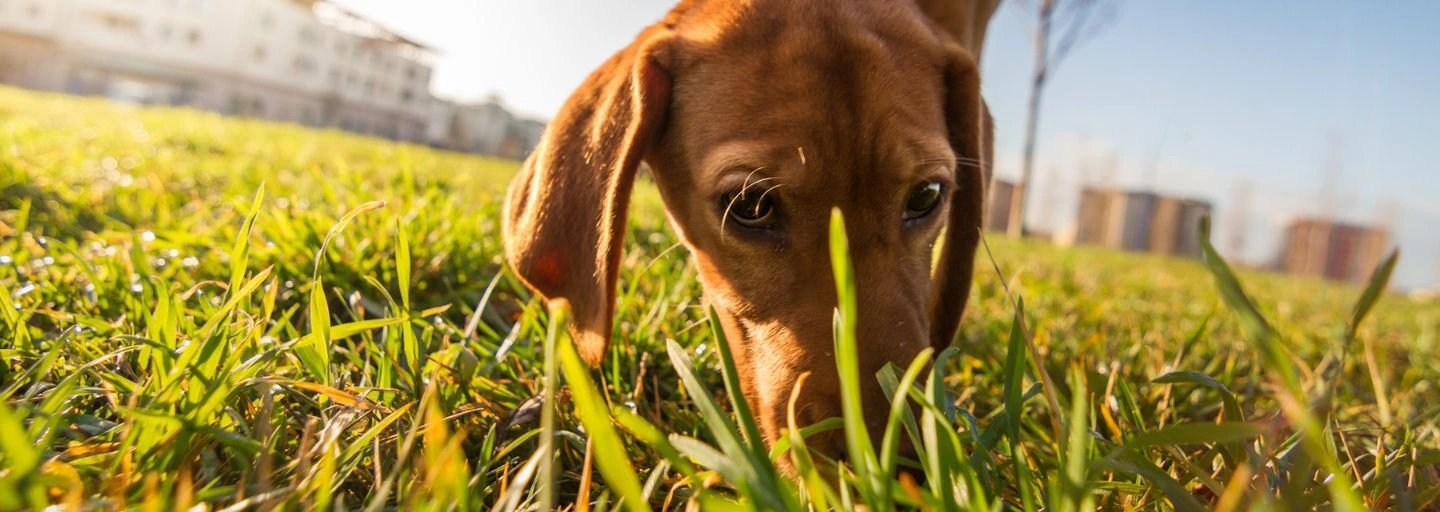Many dog owners have observed their pets occasionally munching on grass, leading to questions about this behavior. While it may seem odd, eating grass is a common occurrence among dogs. Understanding the reasons behind this behavior can help ease your concerns and ensure your furry friend stays healthy. Here are some of the main reasons why dogs eat grass:
Natural Instincts
Dogs are descendants of wild canines, which often consumed plant matter as part of their diet. In the wild, dogs would eat the stomach contents of their prey, which frequently included grass and other vegetation. This instinctual behavior can carry over to domestic dogs, leading them to nibble on grass as a natural part of their dietary habits. Many experts believe that this behavior is deeply rooted in their evolutionary history, serving as a means of obtaining fiber and other nutrients.
Digestive Aid
One of the most commonly cited reasons for grass-eating is its potential role in aiding digestion. Some experts believe that grass can help dogs expel hairballs or other indigestible materials from their system. If a dog is feeling uncomfortable or experiencing digestive issues, they may instinctively seek out grass to help relieve their symptoms. While many dogs may vomit after eating grass, this behavior doesn't always indicate illness. Instead, it may serve as a way to soothe their stomachs and alleviate discomfort.
Nutritional Needs
Dogs may also eat grass to fulfill a nutritional deficiency. While a balanced diet typically provides all the necessary nutrients, some dogs may still crave certain vitamins or minerals they’re lacking. Grass contains fiber and some essential nutrients that could help dogs feel better. If you notice your dog eating grass frequently, it might be worth reviewing their diet to ensure it meets their nutritional needs. You may want to consult your veterinarian for recommendations on a well-balanced diet suitable for your dog’s specific requirements.
Boredom or Anxiety
Dogs can sometimes eat grass out of boredom or anxiety. If they are not getting enough physical and mental stimulation, they may seek out grass as an outlet for their energy. Dogs are social animals that thrive on interaction, and a lack of engagement can lead to unwanted behaviors. Eating grass can also be a self-soothing mechanism for dogs experiencing stress. Providing adequate exercise, playtime, and mental enrichment can help reduce boredom-related grass-eating.
Taste and Texture
Dogs are naturally curious creatures and may simply enjoy the taste and texture of grass. Just like humans might snack on crunchy vegetables, dogs might find grass appealing. The texture of grass can provide a satisfying chewing experience for them. Additionally, the salty taste of skin from humans or food residue can attract dogs, prompting them to lick or chew on grass as a form of exploration.
Nausea Relief
Interestingly, some dogs will eat grass when they feel nauseous or are about to vomit. The act of eating grass can induce vomiting, which may help them feel better afterward. If your dog regularly eats grass and then vomits, it could be a sign of an underlying gastrointestinal issue. If you notice this pattern, it’s a good idea to consult your veterinarian to rule out any health problems.
Attention-Seeking Behavior
In some cases, dogs may eat grass to get attention from their owners. If you react strongly when you see your dog munching on grass—whether positively or negatively—they might continue the behavior to gain your attention. Reinforcing positive behavior and redirecting your dog’s focus can help manage this tendency. Instead of reacting to the grass-eating behavior, try to engage your dog in a different activity that can help redirect their energy.
Conclusion
While eating grass is generally considered a normal behavior for dogs, it's essential to monitor the frequency and context of this action. Most dogs will occasionally munch on grass without any issues, but if you notice excessive grass-eating accompanied by vomiting, diarrhea, or changes in appetite or behavior, it’s best to consult a veterinarian. Understanding your dog's behavior and addressing any underlying concerns can ensure their health and happiness.
Takeaway Tips
- Monitor Frequency: Keep an eye on how often your dog eats grass and any related symptoms.
- Provide Stimulation: Engage your dog in regular exercise and mental activities to reduce boredom-related grass eating.
- Review Diet: Ensure your dog’s diet is balanced and meets their nutritional needs.
- Consult Your Vet: If grass-eating becomes excessive or is accompanied by other concerning symptoms, seek veterinary advice.


